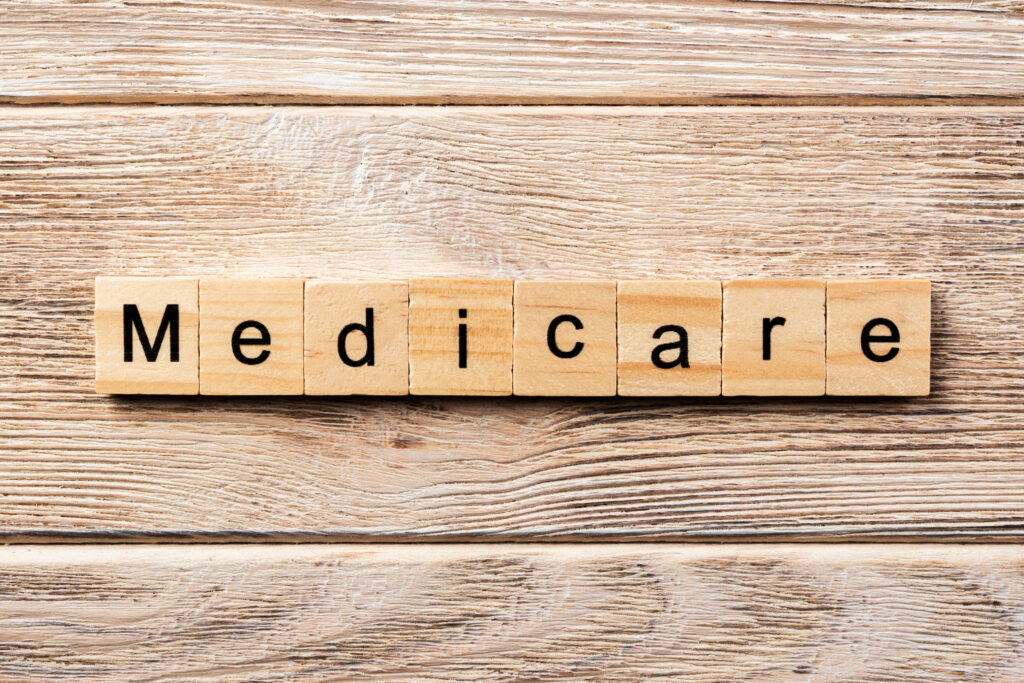One of the main reasons you may apply for Social Security Disability Insurance (SSDI) benefits in the first place might be because your disability inhibits you from returning to work, earning wages, and using these wages to pay off your incurred medical bills. Well, with this, you should know that your SSDI benefits might also extend to Medicare benefits. This may free up some of your monthly SSDI funds for your other incurred expenses. Without further ado, please continue reading to learn whether your SSDI benefits will be able to cover your medical expenses and how an experienced New Jersey Medicare & Medicaid attorney at The Law Offices of Sheryl Gandel Mazur can help you use your benefits package accordingly.
Do SSDI benefits have the capacity to cover my medical expenses?
Using your monthly SSDI benefits payments to pay off your incurred medical expenses is possible. However, they might not be able to cover their full extent. This is because they are supposed to cover all the different types of incurred expenses related to your disability.
For example, you may need to use them to pay for your housing, utilities, food, clothing, and other daily expenses that are now more difficult to afford with losing the earned wages you once relied on. This is not even considering adding the expenses of renovating your house to become handicap-accessible or hiring third parties to perform domestic services in your household if your disability makes this necessary.
What’s more, as of 2025, the maximum SSDI benefits you may receive in a month is $3,917. So, especially depending on the severity of your disability and the amount of medical attention it requires, this may not be nearly enough.
When can I start collecting Medicare benefits?
With that being said, many SSDI benefits recipients sooner rely on Medicare benefits to cover most or all of their medical expenses. Specifically, Medicare is a federal program that offers health coverage to individuals 65 years of age or older, or individuals under 65 but with certain disabilities, otherwise categorized as SSDI benefits candidates.
Importantly, though, there is a 24-month waiting period after becoming eligible for SSDI benefits before you may start collecting Medicare benefits. In other words, this is two years from your claimed disability onset date.
However, in the meantime, you may seek medical coverage by checking your Medicaid eligibility. As of 2025 in the state of New Jersey, the income limit for Medicaid eligibility is $2,901 per month for an individual and $5,802 per month for a couple. In short, it is very much possible to qualify for this program especially if you lost your substantial gainful employment activity due to your incurred disability.
If you need legal advisement urgently, please do not miss another opportunity to schedule an initial consultation with a skilled attorney in SSDI eligibility in New Jersey, from The Law Offices of Sheryl Gandel Mazur. Contact our firm today.


